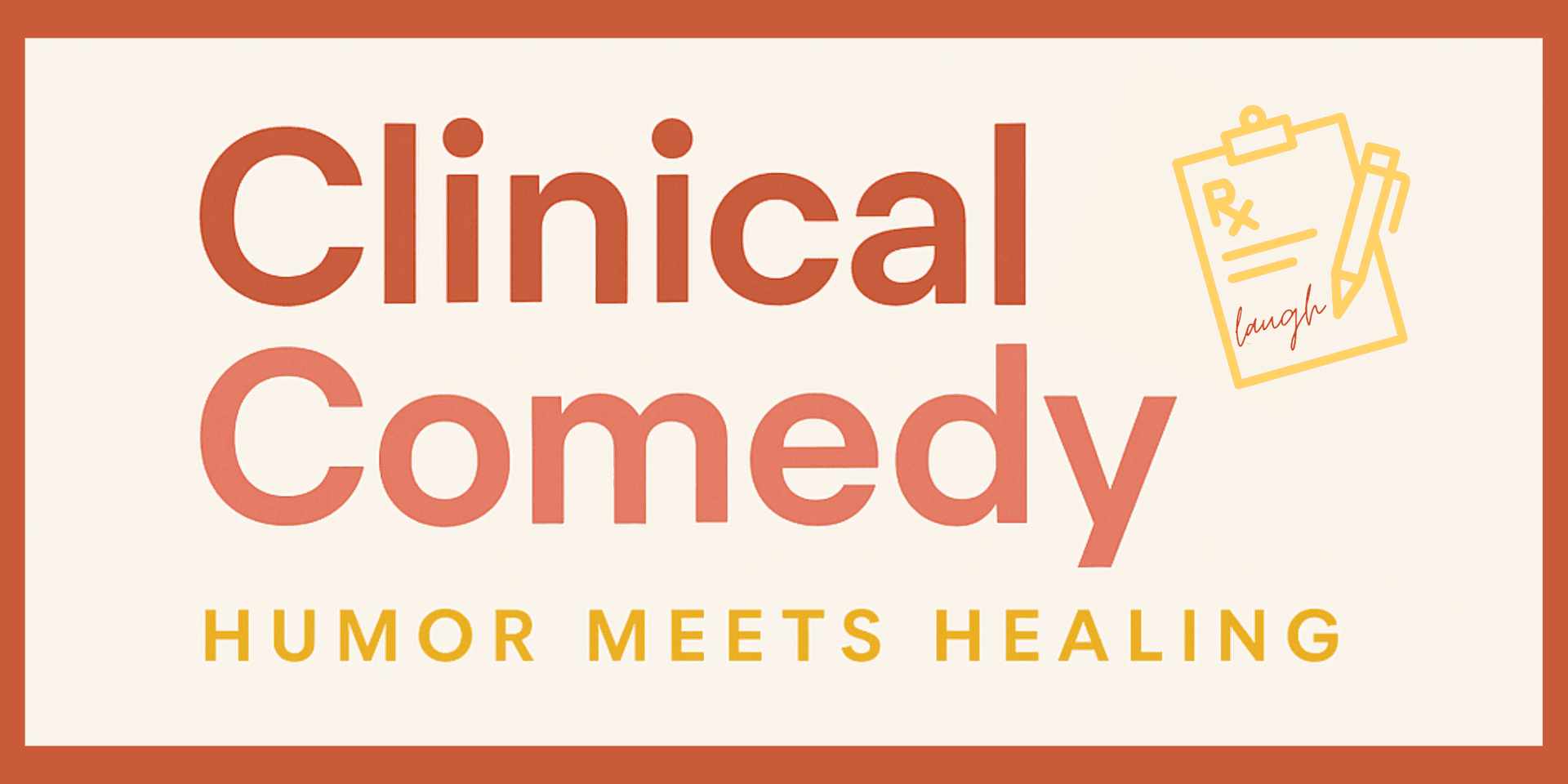From Laughter to Wellness: Exploring the Science Behind Comedy Therapy
The Power of Laughter
Laughter has long been hailed as a universal language that transcends cultural and linguistic barriers. But beyond its ability to bring people together, laughter holds significant therapeutic potential. Comedy therapy, an emerging field within mental health care, leverages humor as a tool to promote emotional and psychological well-being. By exploring the science behind this unconventional therapy, we can begin to understand how laughter truly is the best medicine.

Understanding Comedy Therapy
Comedy therapy involves using humor and comedic techniques to help individuals cope with psychological issues. This approach is grounded in the idea that laughter can trigger beneficial physiological and emotional responses. By incorporating comedy into therapeutic practices, therapists aim to reduce stress, alleviate anxiety, and improve overall mood. The goal is not just to make people laugh but to harness the healing power of laughter to foster a healthier mental state.
The Science of Laughter
Laughter has been shown to trigger the release of endorphins, the body's natural feel-good chemicals. These endorphins promote an overall sense of well-being and can even temporarily relieve pain. Additionally, laughter reduces the level of stress hormones like cortisol and adrenaline, which contributes to a more relaxed state. Physiologically, laughter can also enhance immune function by increasing the production of antibodies and activating protective cells.

Comedy Therapy Techniques
Therapists utilize various techniques within comedy therapy to engage clients. These may include:
- Improvisation Exercises: Encouraging spontaneous and creative expression.
- Stand-Up Comedy Routines: Allowing clients to perform or watch comedy acts to release tension.
- Humor Writing: Composing humorous stories or skits to explore personal challenges in a light-hearted manner.
These methods are designed to create a safe space where individuals can explore difficult emotions through laughter and creativity.
The Psychological Benefits of Humor
Incorporating humor into therapy can lead to numerous psychological benefits. It helps individuals shift their perspective, allowing them to view problems from a different angle. This shift can lead to increased resilience and a greater ability to manage life's challenges. Moreover, humor fosters social connections and strengthens relationships, providing a support system that is crucial for mental health.

Case Studies and Success Stories
Several case studies have illustrated the positive impact of comedy therapy. For example, individuals suffering from chronic illnesses have reported improved mood and reduced symptoms after participating in comedy workshops. Moreover, veterans dealing with PTSD have found relief through humor-based group sessions, where shared laughter aids in releasing pent-up emotions and building camaraderie.
Integrating Comedy into Traditional Therapy
While comedy therapy can stand alone as a therapeutic approach, it is often integrated into traditional therapy sessions. By combining humor with other therapeutic modalities such as cognitive-behavioral therapy (CBT) or mindfulness practices, therapists can create comprehensive treatment plans tailored to individual needs. This integration enhances the therapeutic experience, making it both effective and enjoyable.
The Future of Comedy Therapy
As more research emerges on the benefits of laughter in therapy, the future of comedy therapy looks promising. It continues to gain recognition as a valuable tool in mental health care, challenging the conventional boundaries of therapy. With its ability to evoke joy, reduce stress, and promote healing, comedy therapy holds great potential for transforming how we approach mental wellness.
In conclusion, laughter offers more than just momentary amusement; it is a profound force for healing and growth. By embracing comedy therapy, individuals can navigate their emotional landscapes with greater ease and resilience, proving that sometimes the best way to face life's hurdles is with a hearty laugh.
